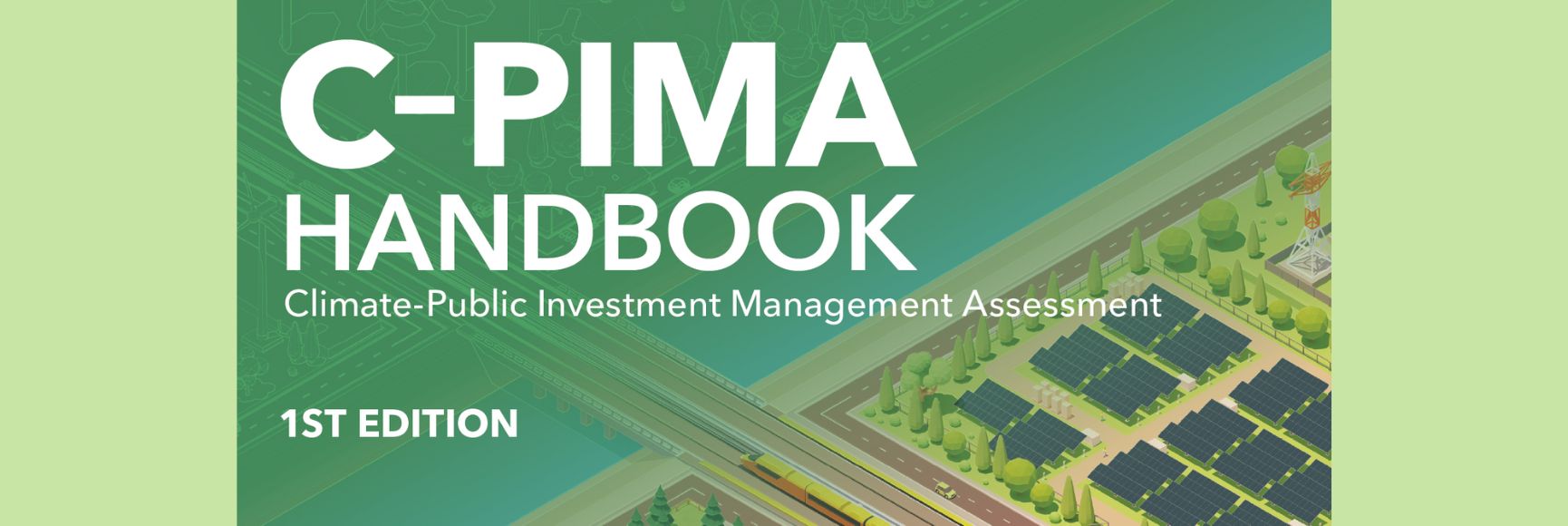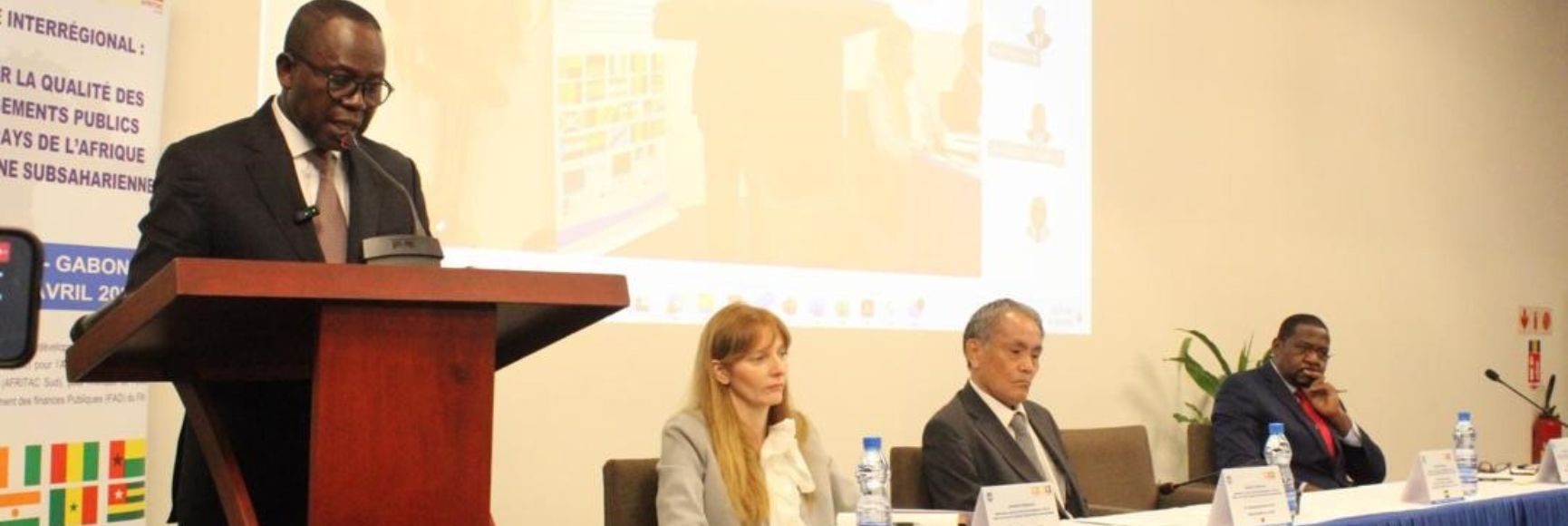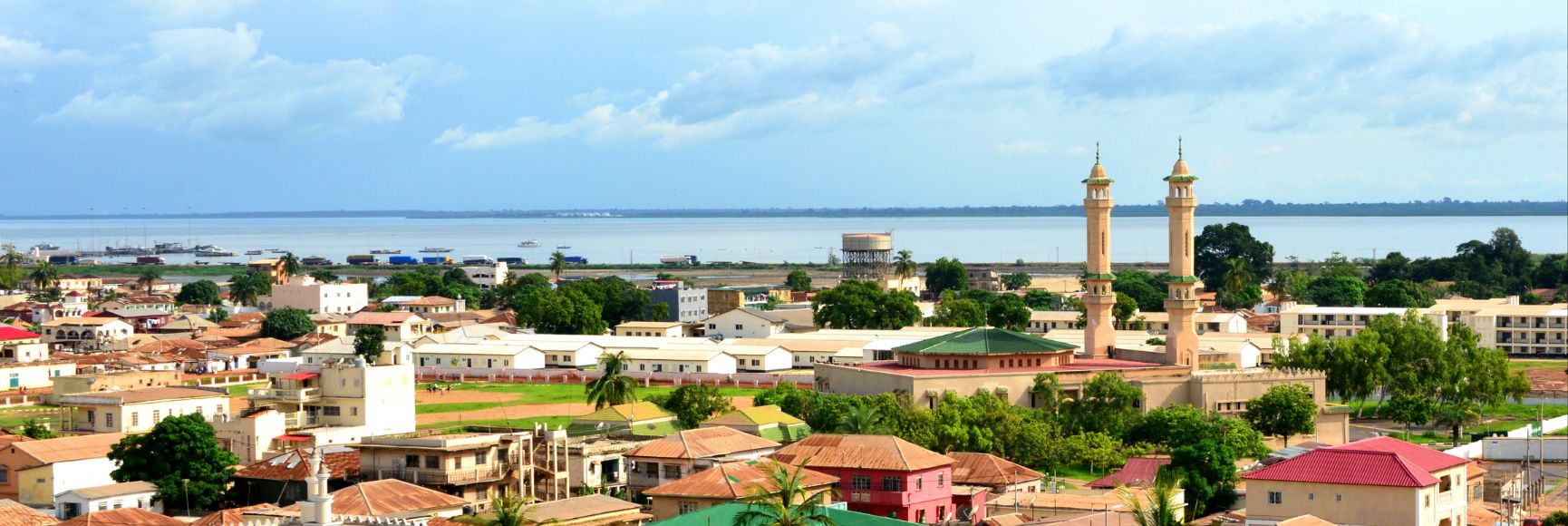
Posted by Jonathan L. Uy, Roderick M. Planta, and Sailendra Pattanayak[1]
In August 2018, the National Economic Development Authority (NEDA) of the Philippines invited a team from the IMF’s Fiscal Affairs Department to carry out a review of the country’s public investment practices and related institutions, using the IMF’s Public Investment Management Assessment (PIMA) framework[2] which has been employed in more than 50 countries around the world. The PIMA report—which was welcomed by NEDA—has now been published by the IMF. In a letter to the IMF in February 2019, the Secretary of NEDA noted that the report's findings are fair and acceptable and “while the Government of the Philippines has an existing effective management mechanism, there is room for improvement for better public investment management.”
Infrastructure is a key driver to achieve economic growth and development in the Philippines. Accelerating infrastructure development is one of the foundations for sustainable development as outlined in the Philippine Development Plan (PDP) 2017–22. According to the PDP, strategic infrastructure will be developed, guided by the National Spatial Strategy, in key sectors, including transport, water resources, energy, information and communications technology, and social infrastructure (housing, education, health, and solid waste management facilities). To achieve the infrastructure goals, the government’s Build, Build, Build agenda targets infrastructure spending to reach PhP8.4 trillion (US$158.31 billion) or 7.3 percent of GDP by 2022, from 5.4 percent of GDP in 2017. This agenda is the country's most ambitious infrastructure program in history.
Strengthening public investment management would help maximize the return from the infrastructure investment in the coming years. Overall, the Philippines has better institutional framework than the average of emerging market economies, including emerging Asia, in the areas of national and sectoral planning, budget comprehensiveness and unity, budgeting for investment, availability of funding, and monitoring of assets in terms of both institutional design and effectiveness. However, there is scope to improve performance in several areas.
To strengthen the public investment management framework in the Philippines, the PIMA report makes several recommendations, which the government is in the process of addressing. These include strengthening ex-ante fiscal assessment of infrastructure projects, focusing on long-term fiscal sustainability and fiscal risks; broadening the framework for private participation in infrastructure by specifying standard principles and criteria, applicable to all types of private participation; expanding medium-term budgeting to establish indicative ceilings for both ongoing and new infrastructure projects; making project appraisal and selection more comprehensive to avoid project delays and cost overruns due to incomplete project preparation; improving infrastructure maintenance by developing and systematically applying standard methodologies for maintenance planning and costing; fostering effective competition in infrastructure procurement; improving regulations to ensure that cost adjustments are not used to address inadequacies in project planning and design; and strengthening central monitoring of implementation of major projects.
The Government of the Philippines recognizes that there is much room for strengthening public investment practices in the country. Going forward, the government envisages several measures in response to the PIMA Action Plan.
- First, assessing infrastructure projects from the viewpoint of long-term fiscal sustainability complements the budget reforms envisaged under the current Budget Reform Bill. The Investment Coordination Committee (ICC), which approves major capital projects, is improving its current risk analysis framework and guidelines for institutionalizing ex-ante fiscal assessment of projects, among others. Moreover, the government is considering to make operation and maintenance an integral part of project planning and structuring, instead of dealing with it post-construction. As part of the ongoing efforts to improve comprehensive project development, appraisal and selection processes, the institutionalization of value engineering/value analysis in these processes will also be pursued.
- Second, the proposed amendments to the existing Build-Operate-Transfer (BOT) Law will expand its coverage to all investments with private participation, including joint ventures. This will enable the removal of restrictions while improving the competition for projects that follow the unsolicited process. In addition, the Department of Finance already has a dedicated unit to review PPP projects’ fiscal viability and identify contingent liabilities.
- Third, all Right-of-Way (ROW) and resettlement issues will be resolved prior to the implementation of projects. Several measures, such as the enactment of the ROW Act, its implementing rules and regulations, and the formulation of the National Resettlement Policy Framework (NRPF), have been undertaken to streamline and facilitate the acquisition of ROW for infrastructure projects. For major capital projects, the ICC requires that ROW acquisition and Resettlement Action Plan be submitted as part of the project appraisal. Cognizant of the government’s efforts to facilitate housing and resettlement programs for informal settler families, a law was also enacted in February 2019.
- Fourth, to foster effective competition in infrastructure procurement, the government is already exploring several measures. While the existing Government Procurement Reform Act encourages transparent and pro-competitive bidding, the regulation on selecting the lowest qualified bid would be revisited. The current regulation may inadvertently encourage bid-rigging, and discourage quality investors to participate. To promote competition in every level of procurement, NEDA, with the assistance of the Philippine Competition Commission, started the formulation of the National Competition Policy in consultation with private and government stake holders. This policy aims to complement the Philippine Competition Act by encouraging government institutions to adopt and implement regulations and administrative procedures that promote competition, strengthen the enforcement of anti-trust laws, and ensure competitive neutrality. The Philippine Competition Act also provides for enforcement of penalties and sanctions for anticompetitive behavior such as bid-rigging; this may need to be included in the competition assessment framework for infrastructure investment.
- Fifth, for strengthening the central monitoring of implementation of major capital projects, NEDA has an Alert Mechanism for ODA projects that identifies problem projects requiring priority facilitation and more frequent meetings with concerned project management offices and development partners to identify remedial measures to be taken to fast track the resolution of problems and bottlenecks. The data capture forms for the Alert Mechanism have been updated to nail down the specific source of the problems—whether internal or external—and accordingly address them through intervention at the appropriate level. The government's shift towards local financing of projects in recent years has also called for a more responsive monitoring and evaluation of locally-funded projects.
[1] Mr. Jonathan L. Uy is Undersecretary and Mr. Roderick M. Planta is Assistant Secretary in the National Economic Development Authority (NEDA) of the Philippines; Mr. Sailendra Pattanayak is a Deputy Division Chief in the Fiscal Affairs Department of the IMF.
[2] http://www.imf.org/external/np/fad/publicinvestment/ and Making Public Investment More Efficient (IMF, 2015).
Note: The posts on the IMF PFM Blog should not be reported as representing the views of the IMF. The views expressed are those of the authors and do not necessarily represent those of the IMF or IMF policy.





